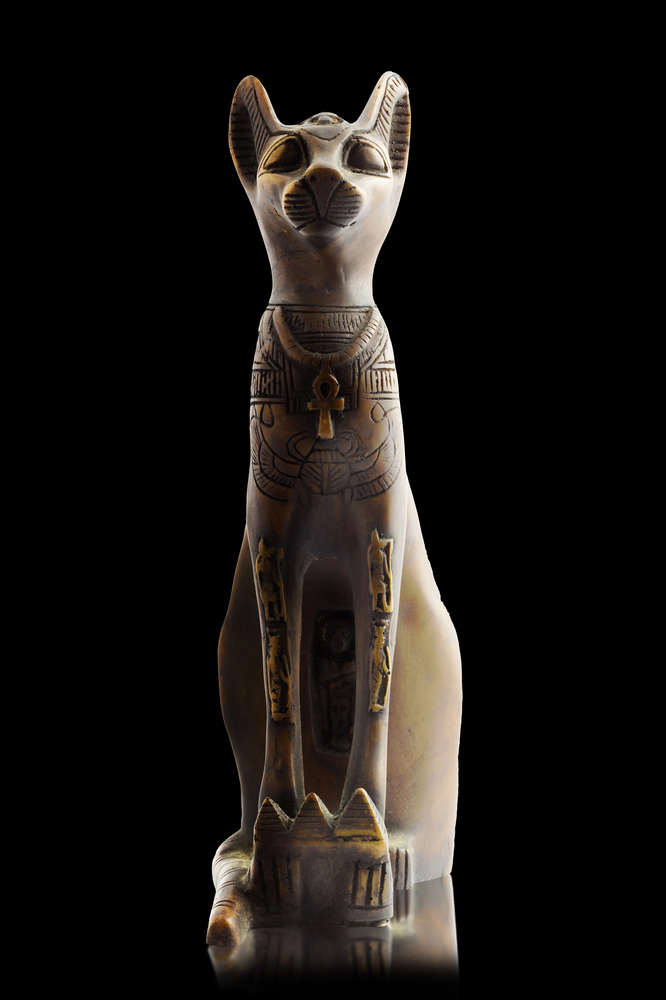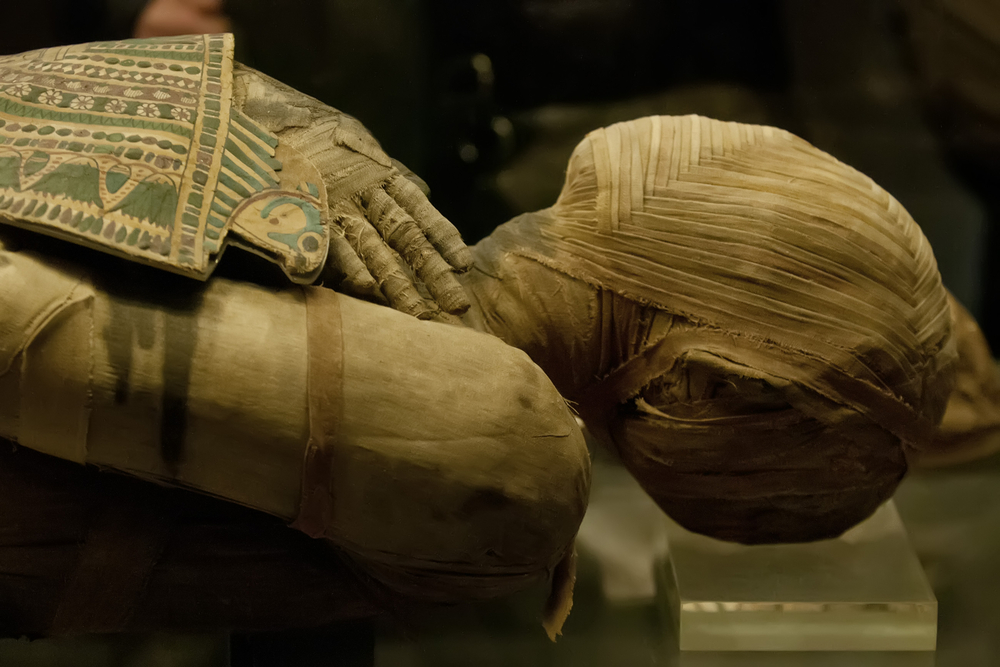Thanassis Cambanis on why the destruction of antiquities bothers us so much.
In just one week of massive historical vandalism, the Islamic State has produced a stark coda to a century that has transformed the Middle East from one of the world’s most diverse and cosmopolitan regions into a sterile, ethnically cleansed patchwork.
“It’s never about artifacts. It’s about people’s right to exist, their right to live in their homeland,” says Zainab Bahrani, a Columbia University archaeologist who has worked as an antiquities adviser for the Iraqi government. “You destroy people’s history by destroying their monuments and artifacts. It’s similar to having the Athenian acropolis destroyed, or thugs going to Versailles and blowing up the whole palace.”
Bahrani was one of the first to sound the alarm about the importance of cultural objects in 2003, when the Baghdad Museum was looted during the US invasion. At the time Istrabadi, the constitutional scholar and her cousin, recalls telling Bahrani that the overthrow of the tyrant Saddam Hussein was worth the loss of some prized objects.
Bahrani got angry: “This is our entire historical identity,” she told him.
Now, more than a decade later, both cousins have left Iraq. Their extended family exemplified a mid-20th century ideal of cosmopolitan, secular Sunnis who felt at home throughout the Arab world and beyond, choosing their friends without regard to religion or nationality.
Istrabadi has come around to his cousin’s way of seeing things.
Iraq, the place that gave the world written language and the first code of law, today plays host to its most savage nihilists — and as much as he would like to think otherwise, Istrabadi believes that there is some constituency for the Islamic State’s program of destruction and cultural erasure.
“For those of us who hold a belief in the ascent of man, it refutes the idea that we’re heading to a better level of humanity,” he said. “It’s just incredible to watch. I feel helpless. ”
The statues, for Istrabadi, were the final straw. For everything else, he said, you can fool yourself “we can have a better tomorrow, we can turn back the sectarian tide,” he said. “Someone destroys a 3,000-year-old statue with a sledgehammer, there’s no bringing that back. There’s no fooling yourself. It’s proof that these people are not a transient phenomenon. They will be defeated, but they will leave a residue behind.”



